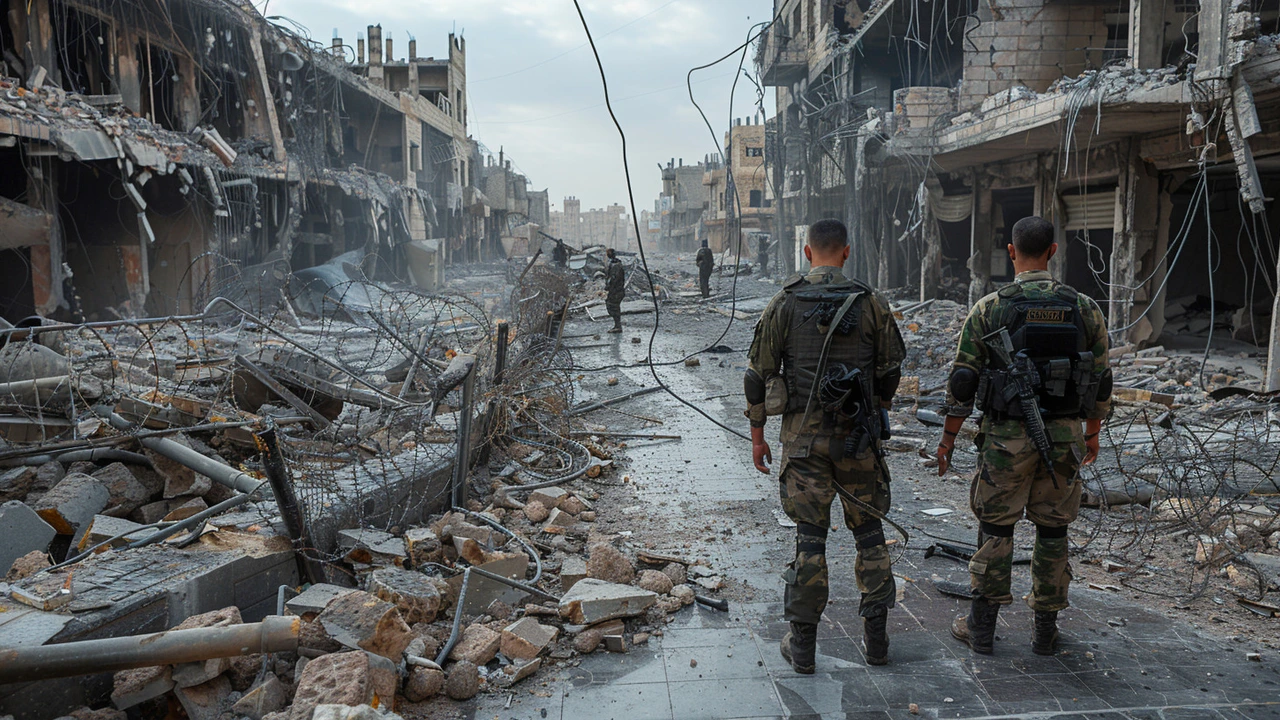The United Nations Sounds the Alarm on Gaza
The situation in the Gaza Strip, particularly in Rafah, has reached a critical point, triggering international concern and warnings. The United Nations humanitarian aid agency has sounded a dire warning concerning the safety of civilians in Rafah, a crucial gateway for humanitarian aid and one of the densely populated areas in the Gaza Strip. According to the agency, an Israeli military assault on Rafah could lead to catastrophic civilian casualties, potentially numbering in the hundreds of thousands.
Recent Developments in Rafah
The urgency of the UN’s warning was underscored by a recent Israeli airstrike in Rafah, which occurred overnight Friday. The strike tragically resulted in the deaths of seven people, most of whom were children. This event has escalated fears about the potential human cost of further military actions in the region.
Following the airstrike, discussions and diplomatic communications have spiked, with global leaders seeking to address the escalating conflict. The Biden administration has explicitly expressed its opposition to an invasion of Rafah by Israeli forces unless Israel can provide a 'credible' plan to protect civilian lives in this densely populated area.
The Wider Context of the Israel-Hamas War
The ongoing conflict between Israel and Hamas has led to devastating consequences for the civilian population of Gaza. Approximately 80% of Gaza’s population has been displaced, and the infrastructure in several towns and cities has suffered extensive damage. According to local health officials in Gaza, the death toll has alarmingly risen to over 34,500 individuals since the war began on October 7. The initial spark for this extensive conflict was a series of attacks by Hamas on southern Israel, which resulted in the abduction of about 250 people and the deaths of around 1,200 individuals, mostly civilians.
In response to these attacks, Israel has been conducting a series of military operations aimed at neutralizing the threat from Hamas fighters. Israel asserts that approximately 100 hostages and over 30 remains of individuals are still held by militants.
The International Response and Critiques
The international community has been closely monitoring the situation unfolding in Gaza. Responses have varied, with many calling for restraint and the protection of civilians as a priority. The recent warnings by the UN underscore the critical need for careful planning and consideration of humanitarian needs amidst military strategies.
The complexity of the situation in Rafah, a pivotal point for the distribution of humanitarian assistance, adds another layer of urgency to these calls. With Rafah’s strategic importance, any military operation in this area without a solid plan for civilian safety could lead to a humanitarian disaster on an unimaginable scale.
As the world watches, the need for a balanced approach that secures peace and security while also safeguarding the rights and lives of civilians has never been more critical. The unfolding narrative of Rafah will significantly test the international community’s ability to manage conflicts in such complex environments.





